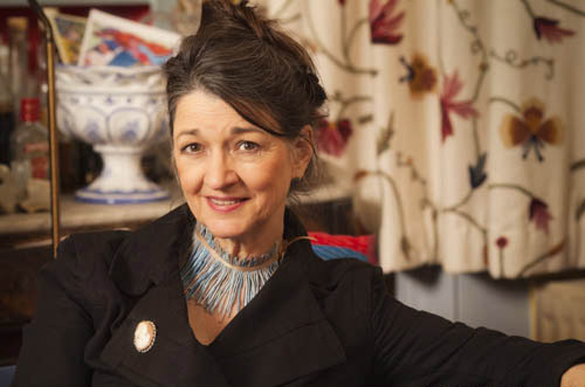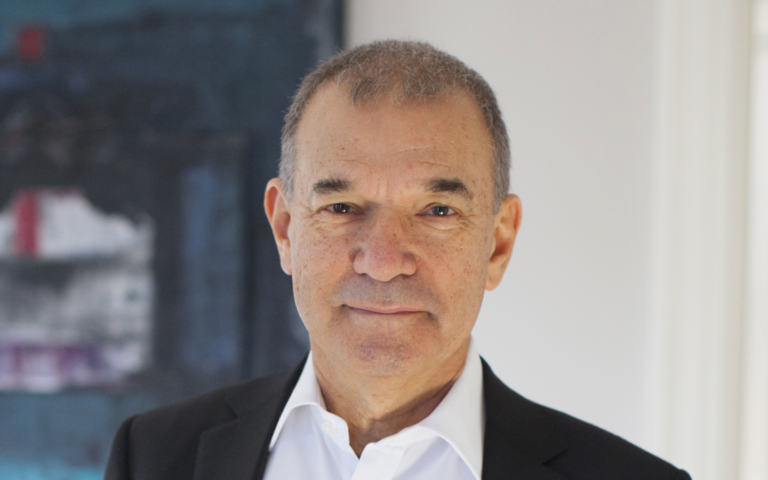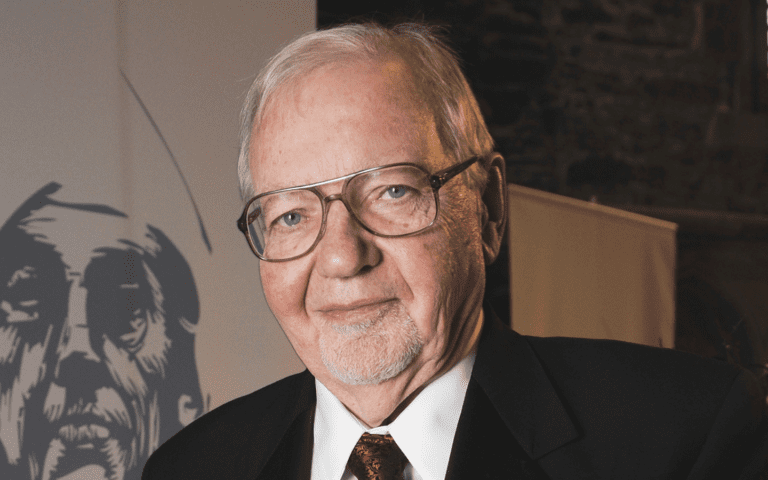
In this podcast, “From Vogue to University, and “Why I Quit”, interviewer Knut Melvær talk with professor Warner about her upbringing and how she came into the academy.
The Holberg Prize 2015 is awarded to the British historian, writer and mythologist Marina Warner. Warner is receiving the honour for her work on the analysis of stories and myths and how they reflect their historical and cultural contexts. She is known for the emphasis of gender roles and feminism in her literary work. In this podcast, “From Vogue to University, and “Why I Quit”, interviewer Knut Melvær talk with professor Warner about her upbringing and how she came into the academy. Warner elaborates on her approach to understanding and interpreting fairytales, myths, history and gender related topics.
The interview is produced in cooperation between the Holberg Prize and Knut Melvær, host of the podcast series Udannet.
Listen to other Holberg Prize Podcasts
Udannet has previously also published other podcasts related to the Holberg Prize and Nils Klim Prize. Most episodes are in Norwegian, but some are also available in English. Please look to the Udannet website for details and episode descriptions. From there you can download episodes for free, subscribe or play audio clips in full.
Last edited:
Published:
Related content

“Everyone dreams at night”: Interview with Stephen Greenblatt
What are the paths and life events that have led 2016 Holberg Laureate Professor Stephen Greenblatt to where he is today? Where will he go from here? How will the humanities survive the current crisis? Those are some of the questions Greenblatt answers in this exclusive interview.

About Fredric R. Jameson
Fredric R. Jameson (born in 1934 in Cleveland, Ohio) is one of today's most important and most influential cultural theorists. He has done more for the contextual study of culture than any other living scholar. Over the past four decades, he has developed a richly nuanced theory of how modern culture – in particular, literature, painting, cinema, and architecture – relates to social and economic developments.

About Ian Hacking
Ian Hacking (born in 1936 in Vancouver, British Columbia) is one of the world's leading scholars in the fields of philosophy and history of science. He has made important contributions to areas as diverse as the philosophy and history of physics; the understanding of the concept of probability; the philosophy of language; and the philosophy and history of psychology and psychiatry.

